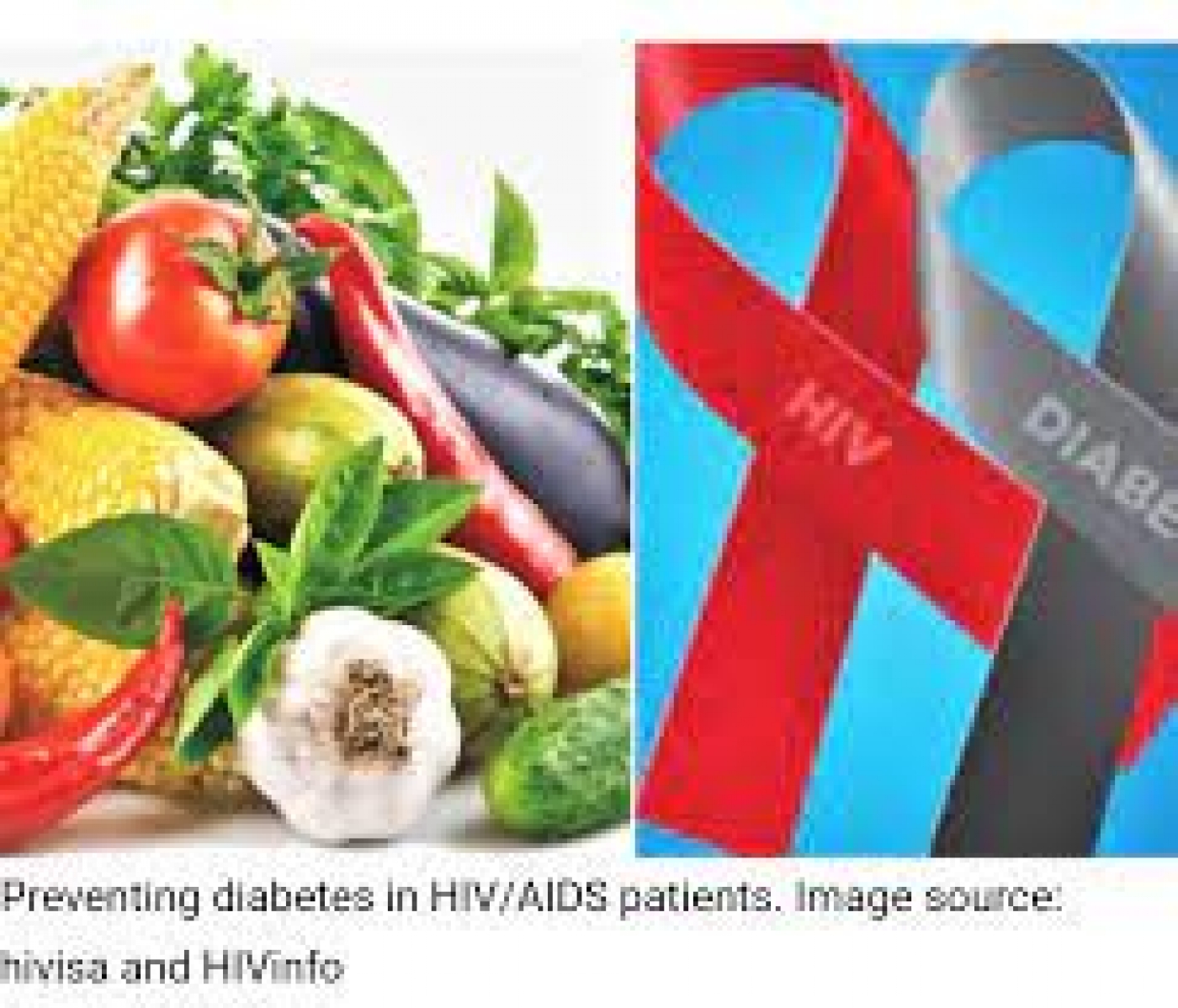They noted that the consumption of fewer carbohydrates, fats and the intake of more protein and vitamins could be crucial in their quest to avoid developing diabetes.
Speaking in separate interviews with PUNCH HealthWise, the health experts explained that protease inhibitors, one of the medications people living with HIV take, can cause insulin resistance which is a feature of type 2 diabetes.
According to drugs.com, protease inhibitors are synthetic drugs that inhibit the action of HIV-1 protease, an enzyme that cleaves two precursor proteins into smaller fragments.
These fragments are needed for viral growth, infectivity and replication, the site explained. “Protease inhibitors bind to the active site of the protease enzyme and prevent the maturation of the newly produced virions so that they remain non-infectious.”
Furthermore, according to webmd.com, people living with HIV are more likely to develop diabetes than people without it. The site noted further that a study had also shown that diabetes was up to four times more common in people with HIV.
A professor of chemical pathology, Dr. Christian Isichei, speaking in an interview with PUNCH HealthWise said people living with HIV need adequate nutrition with fewer carbohydrates and fatty foods to combat the side effect of the medication which makes them more susceptible to developing diabetes.
“There’s a group of drugs for people living with HIV that tends to increase their sugar called protease inhibitors. Their side effect is that they increase their glucose level. Some of them may increase their glucose level and cause diabetes.
“In that condition, it is advisable they take less carbohydrate and more proteins. Those groups of drugs can increase their fat level. It is also good they control their fat level so they need adequate nutrition to control their fat levels.
“They have to cut down on fatty food and carbohydrates because of the side effect of the drug that tends to increase their glucose levels and their fat and then take more vitamin enriching drugs because vitamins keep the body’s metabolic activities going. They need nutrition rich in vitamins to keep going,” he explained.
Speaking further, Isichei, who is currently researching HIV and nutrition explained that good dietary choice for people living with HIV is necessary to combat the side effects of their medication which can either be undernourishment or over nourishment.
“When we talk about nutrition for people living with HIV, we talk about overnutrition and undernutrition. Undernutrition in the sense that the virus makes them undernourished. They lose a lot of weight so you see them looking malnourished in terms of those who are undernourished.
“Overnutrition in the sense that when they begin their drug, one of the side effects is that they can put on a lot of weight and become overweight.”
He noted that to avoid developing any comorbidity like diabetes, people living with HIV should learn dietary control.
Also speaking with our correspondent, a senior registrar in hepatology, Dr. Stephen McHenry stressed that glucose control is a cardinal problem for a person living with HIV who is also diabetic.
The medical expert, who stated that he has been researching HIV for eight years, explained that steroid medications used in treating people living with HIV and infected with other diseases such as ulcers, herpes, meningitis also affect the glucose management of the condition.
He recommended eating right, adherence to medication and exercise as ways to prevent diabetes in people living with HIV.
source: HealthWise







